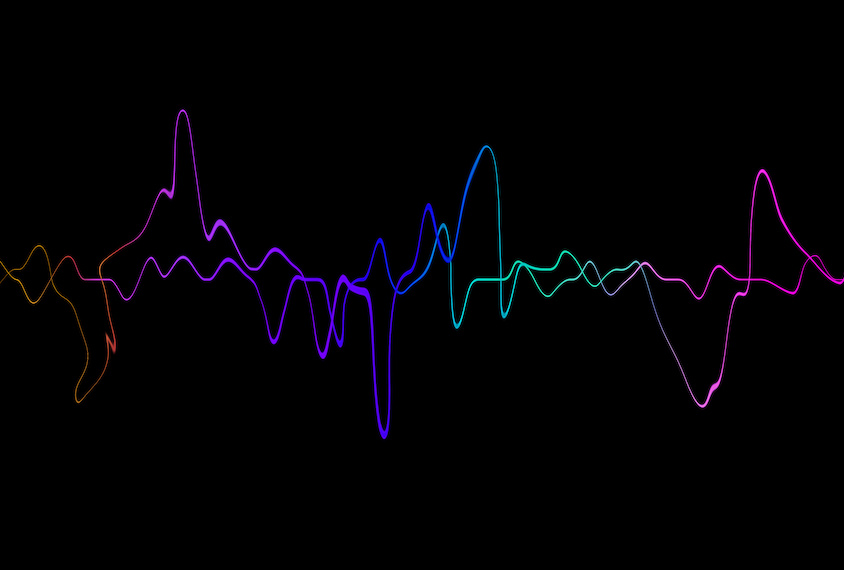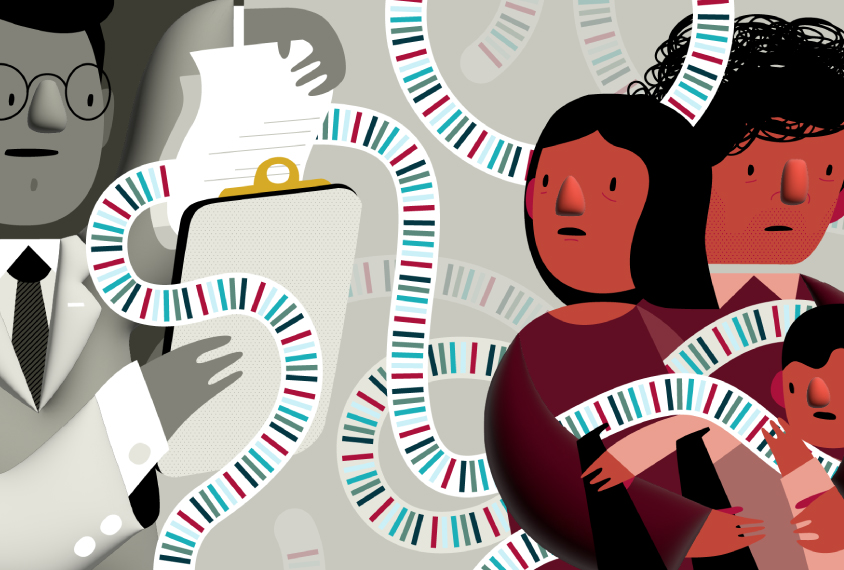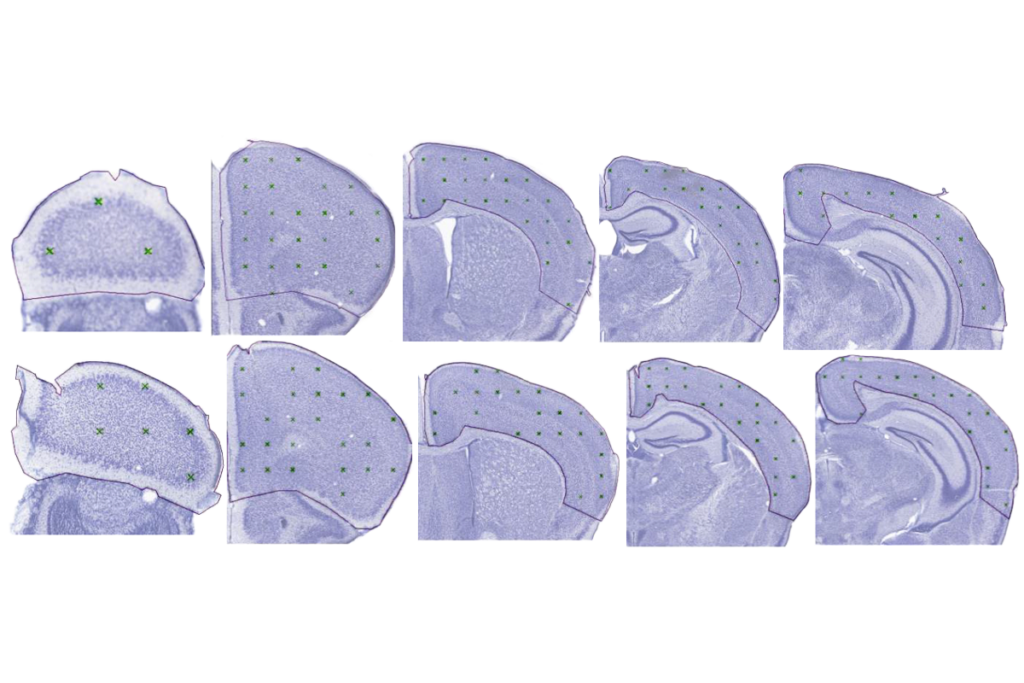Shelby Grebbin was Spectrum’s editorial assistant. Before joining Spectrum, she was staff assistant at the Nieman Foundation for Journalism. As a freelance journalist, she has covered stories related to public health, data transparency and prison health care. Shelby has a B.A. in journalism from Emerson College in Boston, Massachusetts.

Shelby Grebbin
Editorial Assistant
From this contributor
Researchers publish new dataset on minimally verbal autistic people
Researchers at the Massachusetts Institute of Technology published the first repository of vocalizations from minimally verbal autistic people. Those with few or no spoken words still produce a range of phonemes, or units of sound, that may serve as developmental markers or intervention targets.

Researchers publish new dataset on minimally verbal autistic people
Autism and menopause: Q&A with Rachel Moseley and Julie Turner-Cobb
Menopause poses significant challenges for autistic people, according to a small survey published in 2020 — the first to explore the transition among people with autism traits.

Autism and menopause: Q&A with Rachel Moseley and Julie Turner-Cobb
Web-based autism screening service raises a host of concerns
Neurona Health, a company in San Francisco, California, backed away from part of its newly launched services after Spectrum started reporting about them.

Web-based autism screening service raises a host of concerns
Explore more from The Transmitter
Attention not necessary for visual awareness, large study suggests
People can perceive some visual information even if they do not pay direct attention to it.

Attention not necessary for visual awareness, large study suggests
People can perceive some visual information even if they do not pay direct attention to it.
Genetic testing; LSD1 inhibitors; and more
Here is a roundup of autism-related news and research spotted around the web for the week of 30 June.

Genetic testing; LSD1 inhibitors; and more
Here is a roundup of autism-related news and research spotted around the web for the week of 30 June.
INSAR takes ‘intentional break’ from annual summer webinar series
The International Society for Autism Research cited a need to “thoughtfully reimagine” its popular online program before resuming it in 2026.

INSAR takes ‘intentional break’ from annual summer webinar series
The International Society for Autism Research cited a need to “thoughtfully reimagine” its popular online program before resuming it in 2026.